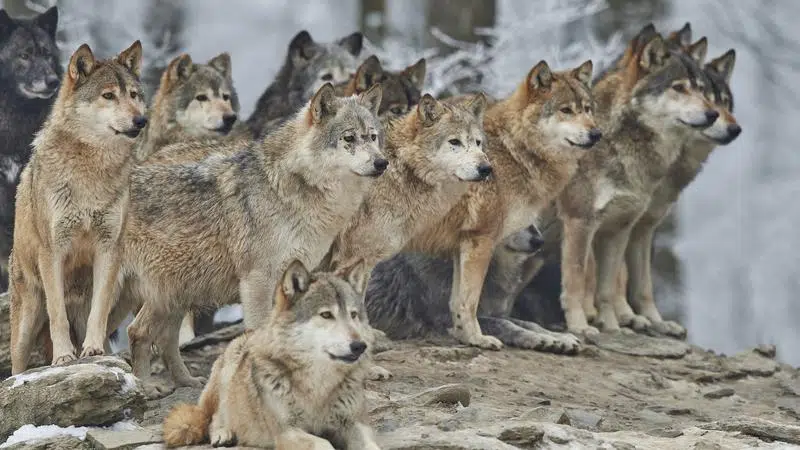
GINTA: B.C. wolves are still being killed, but will that save the caribou?
I WILL SAVE YOU THE SUSPENSE. The answer is not likely, according to many wildlife researchers who have studied the issue from all sides because of what’s at stake, which is the balance of entire ecosystems. The conclusion, though not generally accepted because it depends who you ask, is that you cannot cull (kill, in plain language) a species to protect another, they say.
The wolf cull that has been going on in British Columbia for five years will now be followed by an even more intensive one, according to a leaked memo from the Ministry of Forests, Lands, Natural Resource Operations and Rural Development. More than 80 per cent of the wolves in certain parts of the province where the caribou herds are in steep decline are to be ousted, which will hopefully see the caribou surviving and thriving.
After all, at the end of the five-year ‘wolf reduction’, there was a 15 per cent population increase in some of the caribou herds. So it works, many said. Well, if we employ short-sightedness, it sure does look like it. If you have a bunch of exposed prey and some predators and you take out some of the latter, the first will do better. Short term.
From time immemorial though, predator and prey have been conditioning each other in ways that humans cannot replicate. Wolves and cougars — these are also to be culled, according to the latest memo — keep prey populations healthy by plucking out the weak and sick ones; nature’s long-term solution, if you will.


